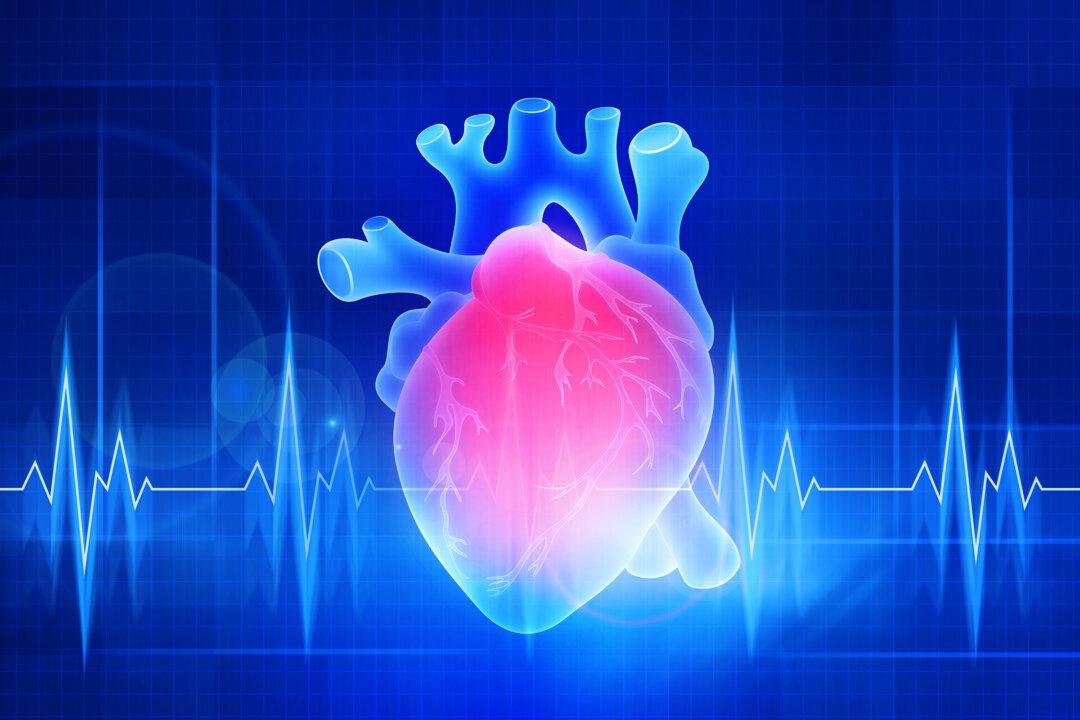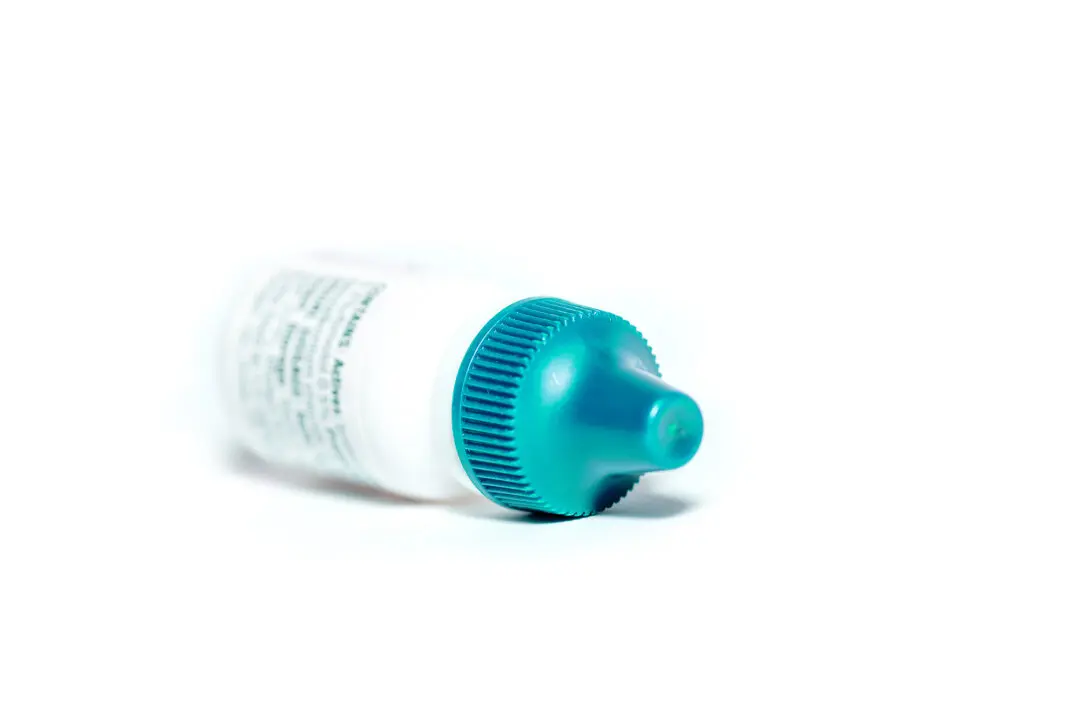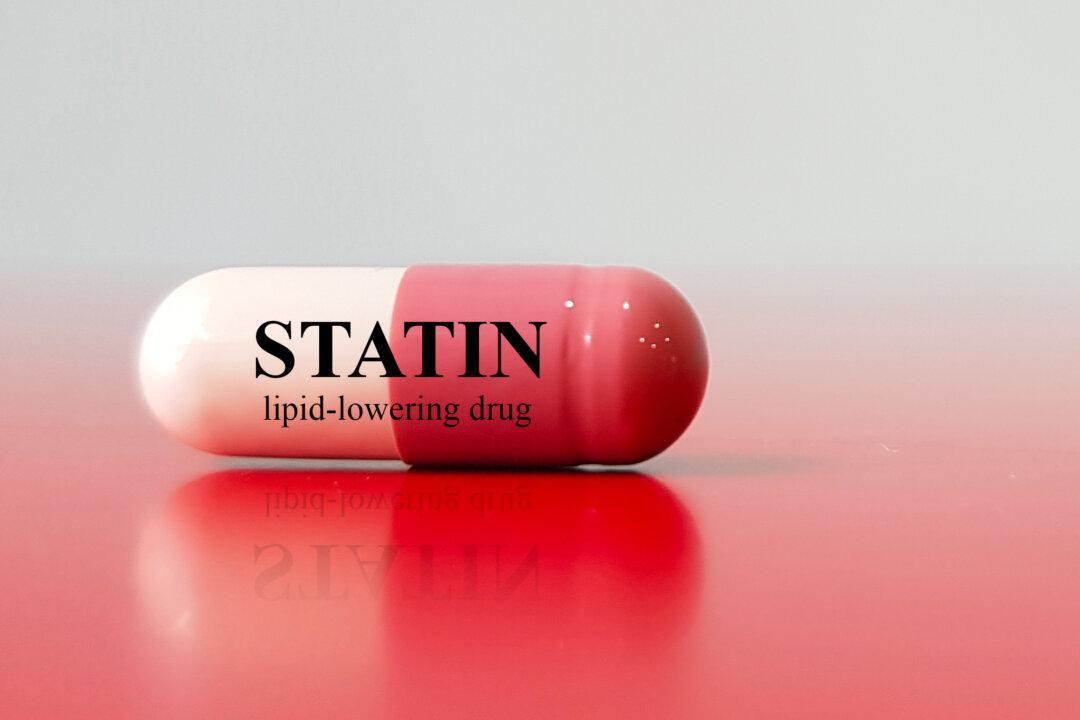Statins have been the go-to treatment for preventing heart disease, the leading cause of death worldwide, for decades. But they may not be the cure-all they’ve been made out to be.
These cholesterol-lowering drugs fail to address what experts say is one of the key root causes of cardiovascular issues: inflammation from oxidized blood lipids.
Understanding the Root of the Problem
Oxidized blood lipids refer to fats in the bloodstream that have undergone oxidation, a process in which molecules lose electrons. Low-density lipoprotein (LDL) cholesterol, commonly known as “bad” cholesterol, can become oxidized because of various factors, including smoking, high blood pressure, diabetes, and high levels of other reactive substances in the body.The Chinese Super Berry: Berberine
Berberine has been used in traditional Chinese medicine for thousands of years. Primarily found in the Chinese barberry plant, berberine is a plant compound that boasts multifaceted benefits ranging from enhanced cognitive function to controlled blood glucose levels to fortifying the immune system.“There’s a lot of quality data on berberine and a good safety profile,” Dr. Jack Wolfson, a board-certified cardiologist, said.

Cardio Benefits
A recent meta-analysis of 44 studies found that berberine improved blood lipids, inflammation, and atherosclerosis with minimal risks. It also outperformed statins in reducing factors such as stroke risk and artery plaque buildup.Anti-Diabetic Benefits
One-third of people with Type 2 diabetes also have cardiovascular disease, according to a review published in Cardiovascular Diabetology. The two metabolic diseases are often interconnected. People with diabetes have a doubled risk of developing heart disease or experiencing a stroke in comparison to those without diabetes.The Japanese Superfood: Natto
Natto is a traditional fermented soybean dish widely consumed throughout Japan for thousands of years. Nattokinase, an enzyme from the fermented soy food natto, has been researched for its potential cardiovascular benefits.“Nattokinase is an enzyme that breaks down unwanted blood clots in the blood circulation,” Gitte Jensen, research director at NIS Labs, a contract research laboratory, told The Epoch Times. Nattokinase can break down problematic blood clots by “digesting” fibrin, a protein that plays a central role in blood clotting.
“Fibrin is a molecule that is only wanted when we have a wound and we need to repair the wound,” Ms. Jensen said. However, when the body is inflamed, clumps of fibrin can form, contributing to atherosclerosis, she said.

While some studies found nattokinase didn’t provide meaningful cardiovascular protection, more recent research found higher-dose nattokinase improved biomarkers in people with atherosclerosis and high blood lipids.
A Mediterranean Moment: Bergamot
Grown mainly along the coast of Italy, bergamot is a lime-like citrus fruit that Italians have prized for centuries. Its medicinal use as an anti-infectious agent dates back to at least 1688. This century, bergamot has shown promise for managing blood lipids and promoting heart health.Researchers attribute these potential heart-protective effects to bergamot’s anti-inflammatory properties.

The Complete Solution
While the above foods and supplements can help, true reversal of heart disease requires comprehensive changes, Dr. Wolfson told The Epoch Times. Eating a wholesome diet and avoiding inflammatory foods is essential, he said.While nutraceuticals may help lower biomarkers for heart disease, they don’t address the root lifestyle causes that lead to cardiovascular issues in the first place.
Regular exercise, adequate sleep, sun exposure, and minimizing environmental toxins also contribute to optimal heart health in the long-term.
“Eat well, live well, think well” is Dr. Wolfson’s mantra.







